It’s generally recommended for cat owners to keep their cats away from essential oils. Essential oils can be extremely harmful to cats because they contain very high concentrations of chemicals that are toxic to them.
Most cats aren’t fans of essential oils because their fragrances are too strong. So, it’s usually not too hard to keep cats away from them. However, many owners are unaware of the danger they represent and ignore that essential oils can cause serious harm to their kitties, even if they do not ingest them, as inhalation from diffusers and skin contact are enough to put them at risk. Therefore, it is very important to create a general awareness of specific essential oils that are even more dangerous to cats.
Here are some essential oils that cats hate and that are also dangerous for them.

The 7 Essential Oils Cats Hate
1. Cinnamon Oil

While the smell of cinnamon often reminds us of fall and all the seasonal foods that contain cinnamon, cats usually aren’t enticed by this scent. So, you usually don’t have to worry about your cat getting close to cinnamon sticks, powder, and essential oil.
However, it’s still important to store cinnamon products in secure and unreachable places for your cat, especially cinnamon oil. While cinnamon is not listed as a toxic plant for cats, it contains coumarin, which is a natural anticoagulant 1. Consuming large and concentrated doses of cinnamon can cause vomiting, digestive distress, and even excessive bleeding in cats, which will inevitably lead to severe or fatal medical issues. Like any other essential oil, cinnamon oil is highly toxic to cats since they can not metabolize it.
2. Citrus Oil
Citrus is another scent that usually repels cats. In fact, some people may lay out slices of citrus fruit, like lemons and oranges, in their gardens to keep cats away.
Citrus can also be harmful to cats. Some citrus oils contain d-limonene, including oranges, lemons, limes, mandarins, and grapefruit 2. High concentrations of d-limonene can cause skin irritation, and consuming too much of it can lead to digestive issues. D-limonene is also known to be an eye irritant. In concentrated forms, citrus essential oils could cause irreparable damage to your cat’s health.
3. Pennyroyal Oil
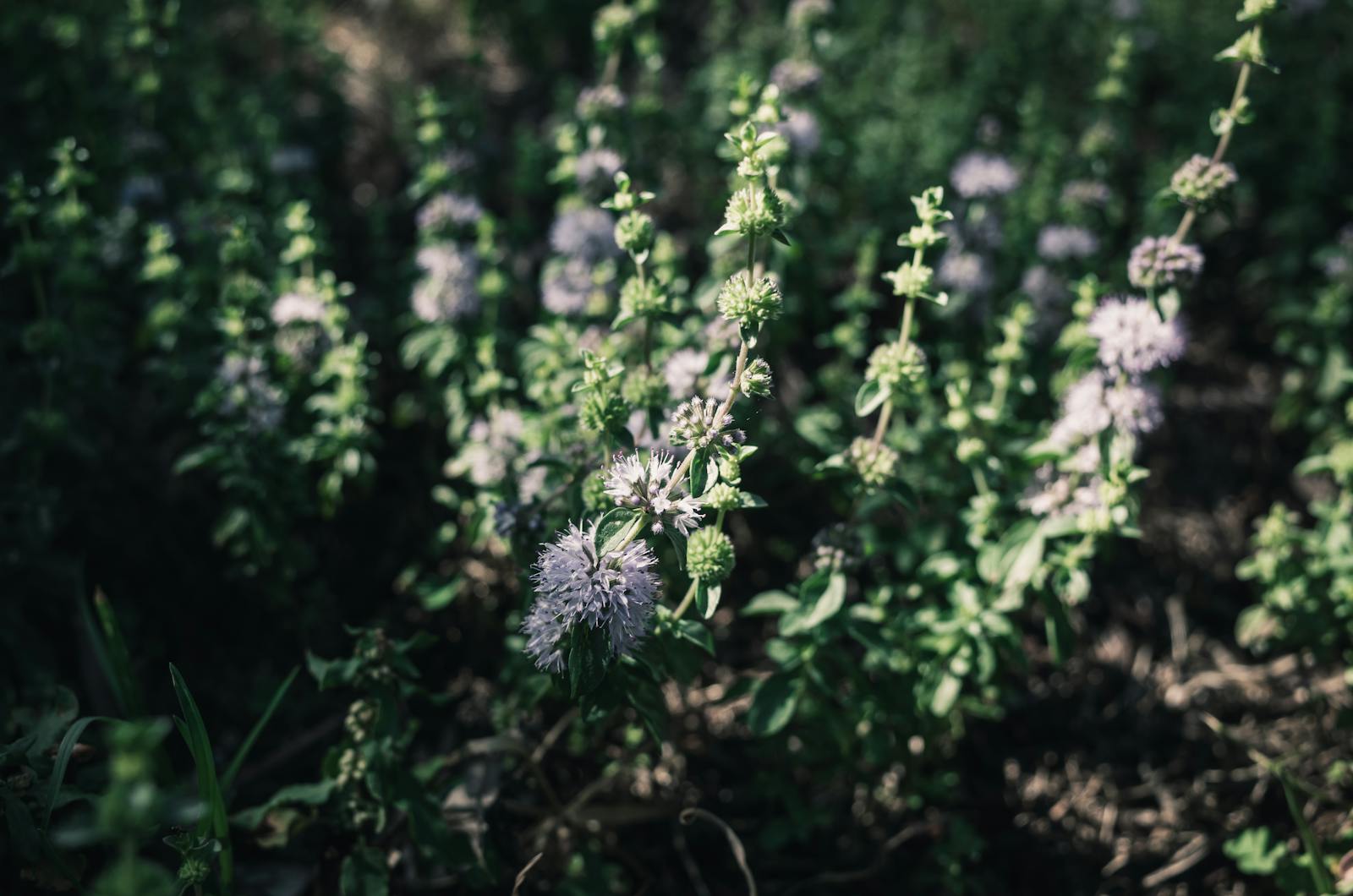
Pennyroyal is regarded as a traditional medicinal plant that was used to treat the common cold, pneumonia, and fatigue. However, the oil is considered to be toxic to both cats and humans.
Consuming too much pennyroyal oil or extract can cause serious side effects, including syncope, seizures, coma, and multiorgan failure 3. Just 1 tablespoon of pennyroyal oil can cause these health complications in humans, so you can only imagine how much more severe it would be for a much smaller cat.
4. Peppermint Oil
Peppermint oil, or menthol, is often used topically to treat minor headaches, joint pain, and muscle aches. It can also soothe some itchiness. Peppermint oil is also commonly used in aromatherapy to help reduce stress and pain and treat coughs.
While humans can benefit from small doses of peppermint oil, it’s best to refrain from using it anywhere near cats. It is highly toxic to cats when ingested, inhaled, or absorbed and may cause nausea and vomiting or even lead to liver failure.
5. Ylang-Ylang Oil
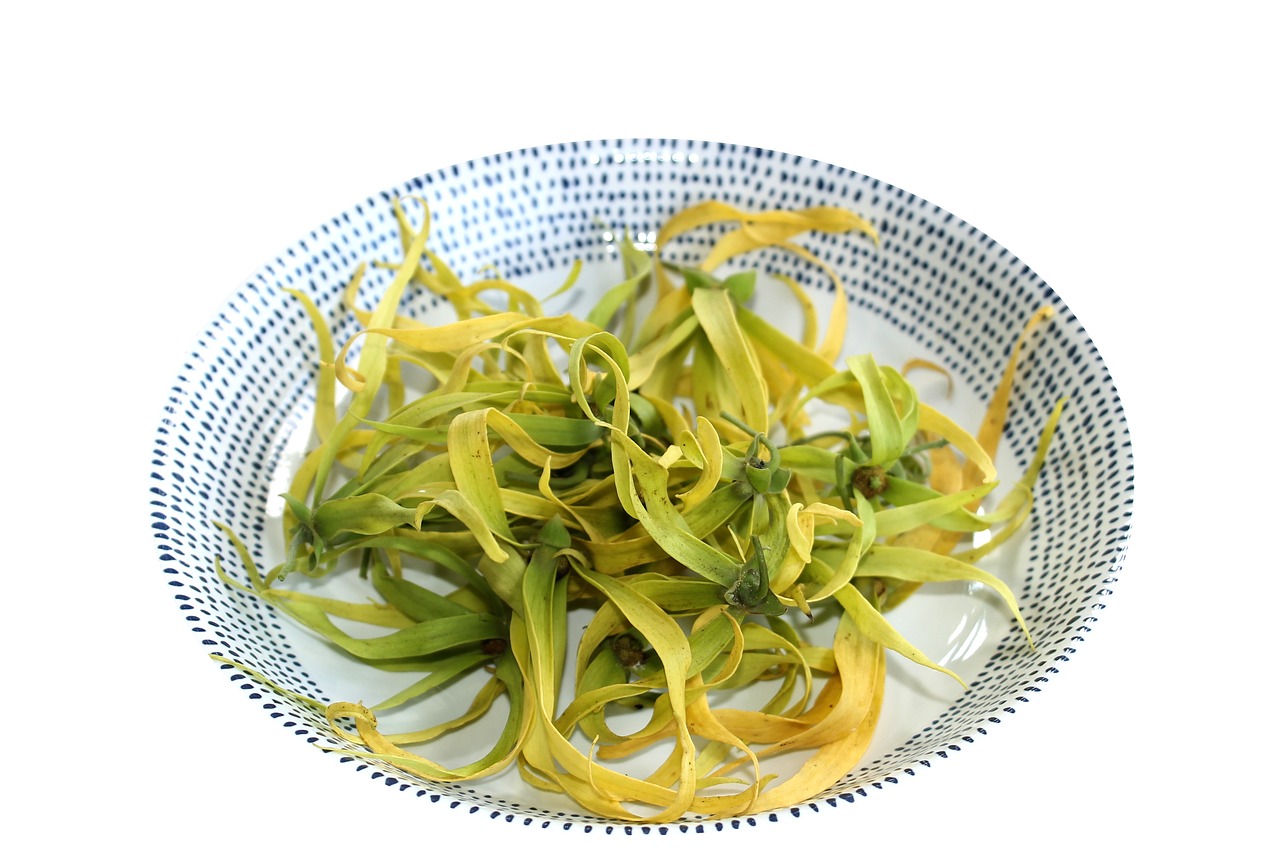
Ylang-ylang oil is used for its fragrance and calming effects. It’s often an ingredient in soaps and cosmetics. People may also use ylang-ylang oil in aromatherapy to help themselves relax.
It’s not recommended to use ylang-ylang oil around cats because, like other essential oils, it is toxic to them, and even inhaling it can have detrimental consequences to their health.
6. Eucalyptus Oil
Eucalyptus oil is often used as a natural remedy for coughs and congestion. Skincare products can be infused with eucalyptus oil, and certain lotions may use it to help alleviate joint pain.
However, eucalyptus is toxic to cats. Ingesting small amounts of eucalyptus leaves can cause an upset stomach, vomiting, and weakness. Larger doses, like those concentrated in eucalyptus oil, can cause seizures and tremors, having fatal consequences for your cat.
7. Clove Oil
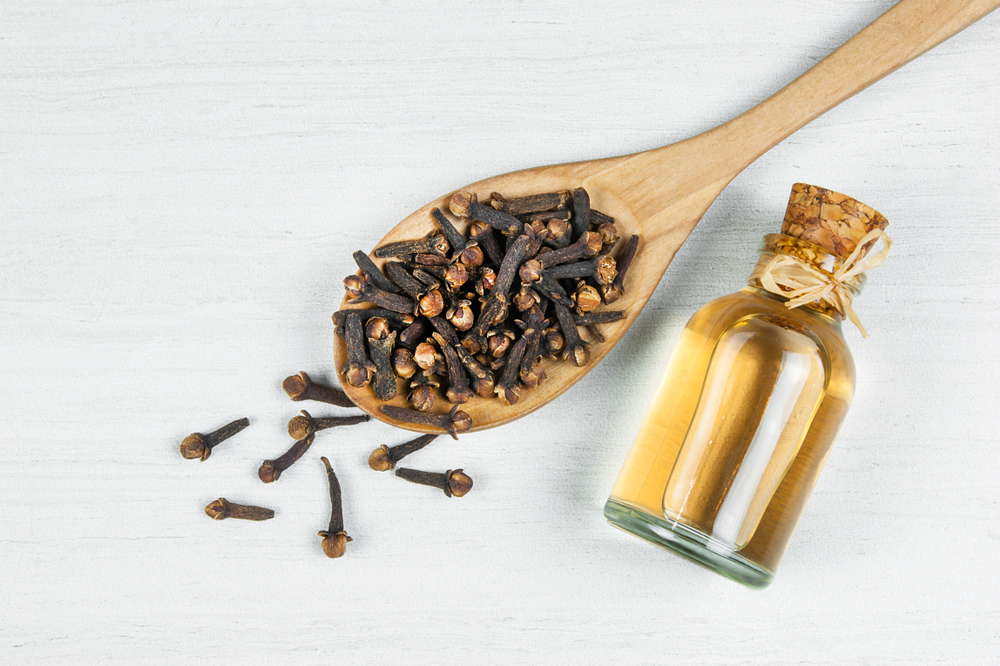
Clove oil, or eugenol, is a common flavoring ingredient for teas, cakes, meats, and stews. Because it’s aromatic, most cats don’t like its strong scent and will steer clear of it.
Clove oil is very concentrated and harmful to cats. If a cat ingests clove oil, they will most likely experience gastrointestinal upset. More severe cases will lead to liver issues and complications in the central nervous system.

What to Do If Your Cat Eats Essential Oils
Essential oils are toxic to cats. They do not even need to ingest it to be at risk. Simply having direct contact with the oil on their skin surface is enough to harm their health. Therefore, it is best practice to contact an animal poison control helpline and rush to your veterinarian right away if your cat ingests an essential oil. Since ingesting essential oils can be fatal, it’s better to be safe than sorry and seek professional advice and help immediately.
Make sure to gather specific information about the essential oil that you can provide to your veterinarian. It’ll be helpful to know what type of essential oil your cat ingested, the amount that they ate, and how much time has passed since they’ve eaten it.
- Vomiting
- Excessive drooling
- Shaking or muscle tremors
- Lethargy
- Imbalanced gait
- Difficulty breathing
- Seizures
- Skin irritation on areas that came in contact with the essential oil
It’s not recommended to induce vomiting for your cat on your own. A veterinarian can perform the appropriate next steps after they’ve examined your cat and work quickly to try to get them stabilized.
If you need to speak with a vet but can't get to one, head over to PangoVet. It's an online service where you can talk to a vet online and get the advice you need for your pet — all at an affordable price!


Conclusion
Since it is well known that essential oils are harmful to cats, it is best to keep them away from them. If your cat touches or consumes an essential oil, seek professional help immediately. You can contact an animal poison control helpline or your veterinarian. You will want as much time on your side as possible when addressing potential essential oil poisoning. This is not something where you can wait and see if they get better. Your cat’s life is at stake, and acting quickly may increase the chances of your cat recovering from the accident.
Featured Image Credit: CRYSTALWEED cannabis, Unsplash
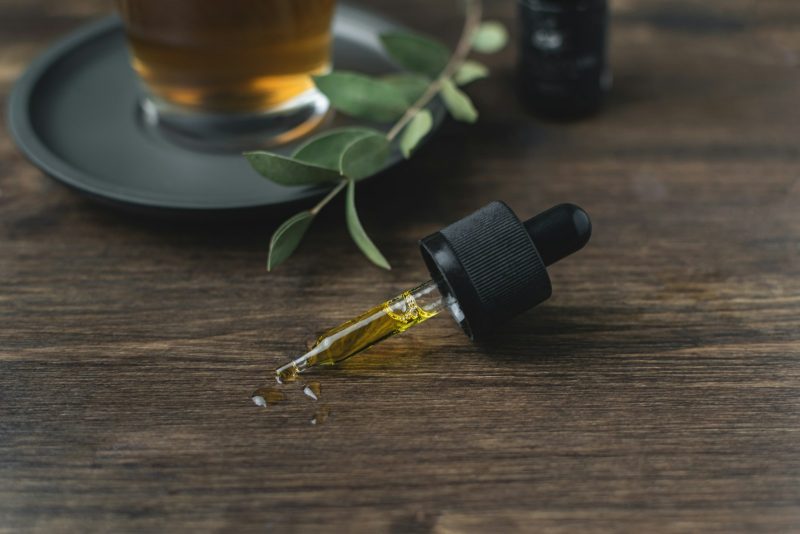

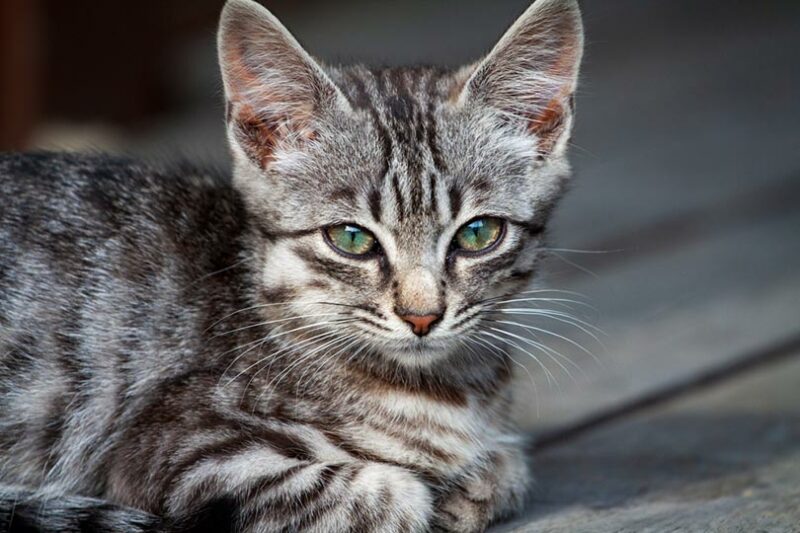
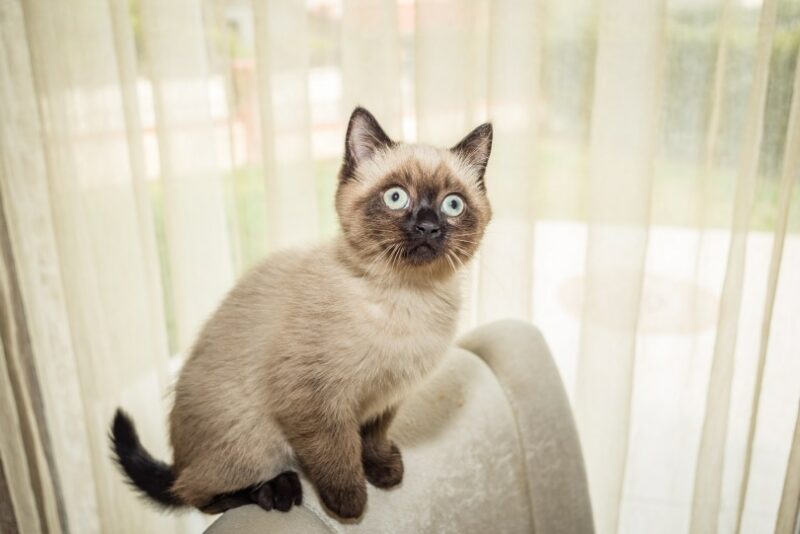
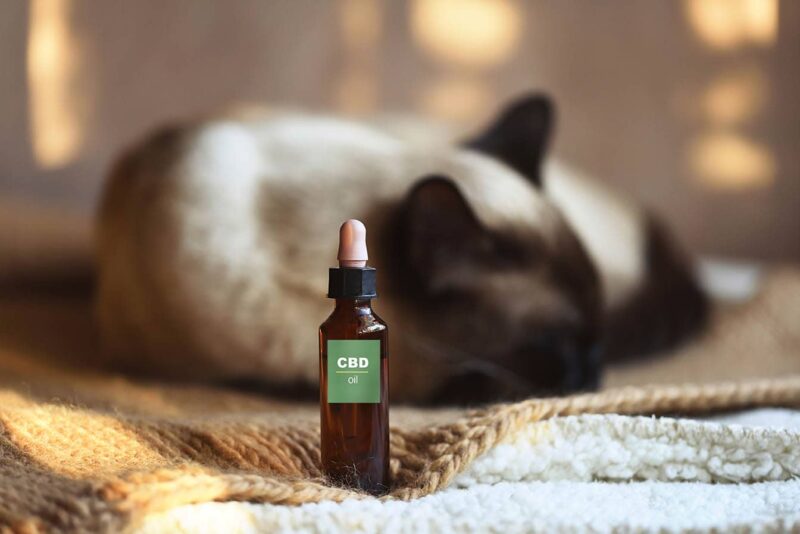
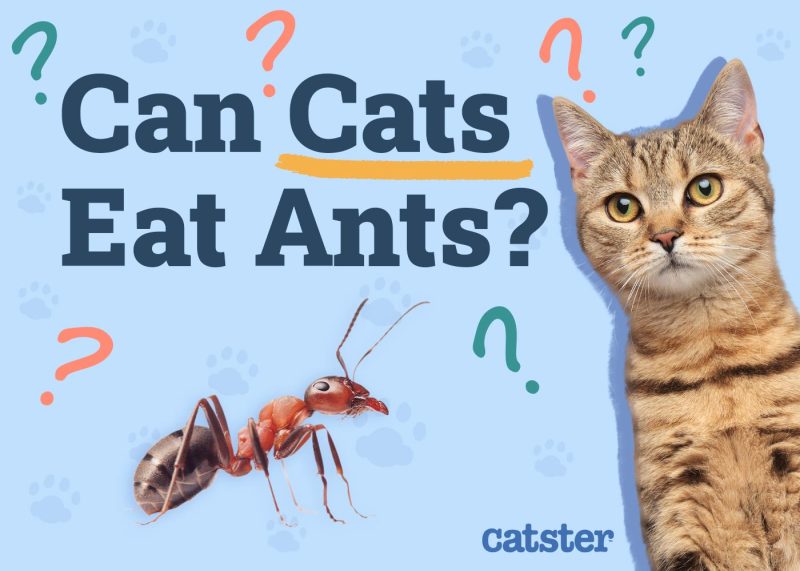
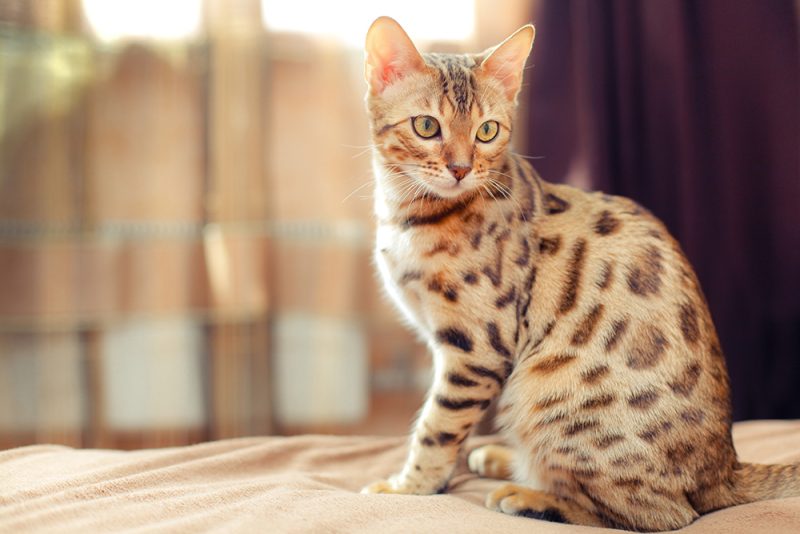
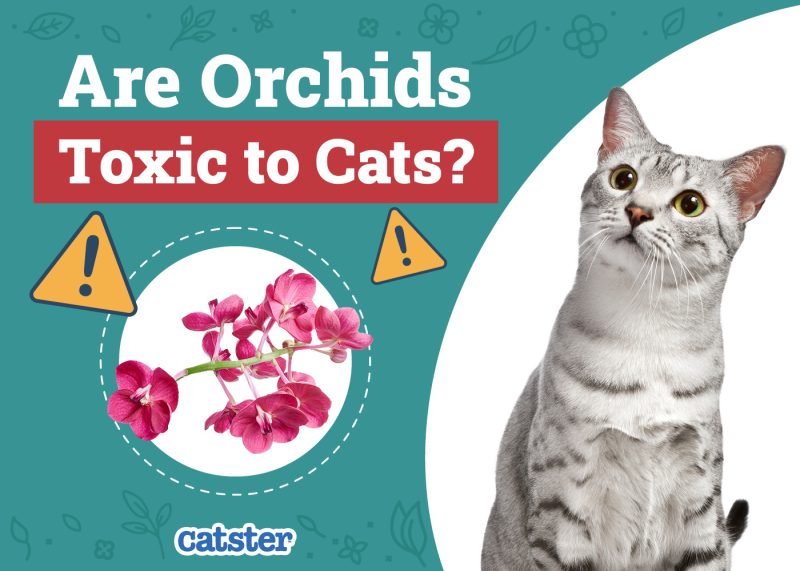
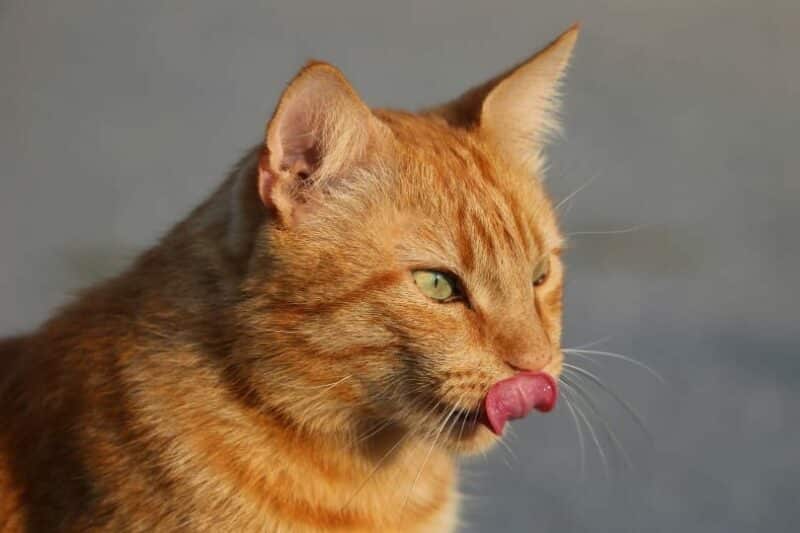
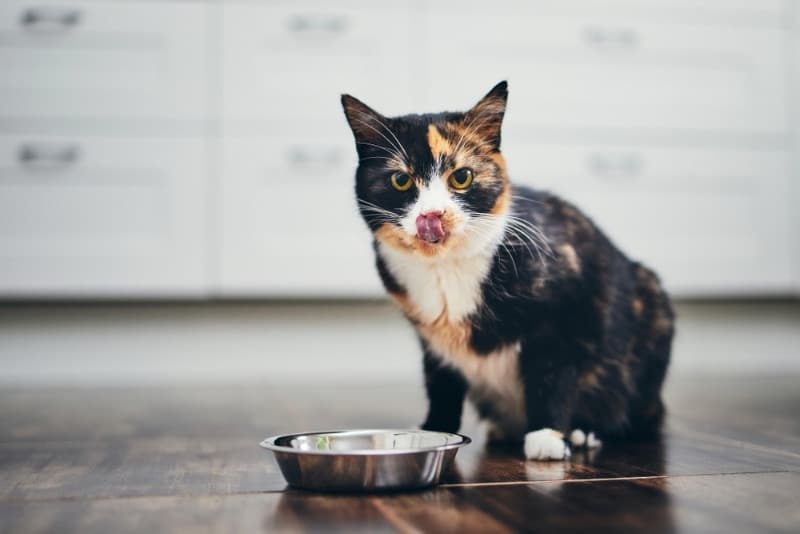
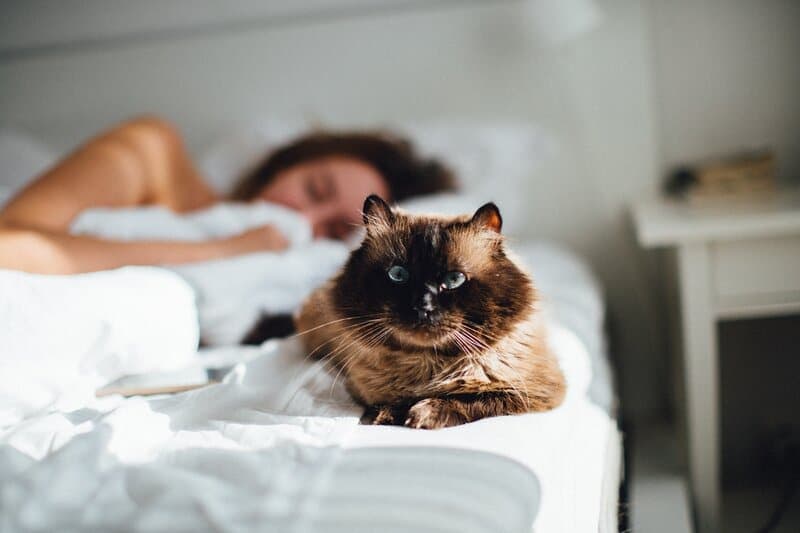
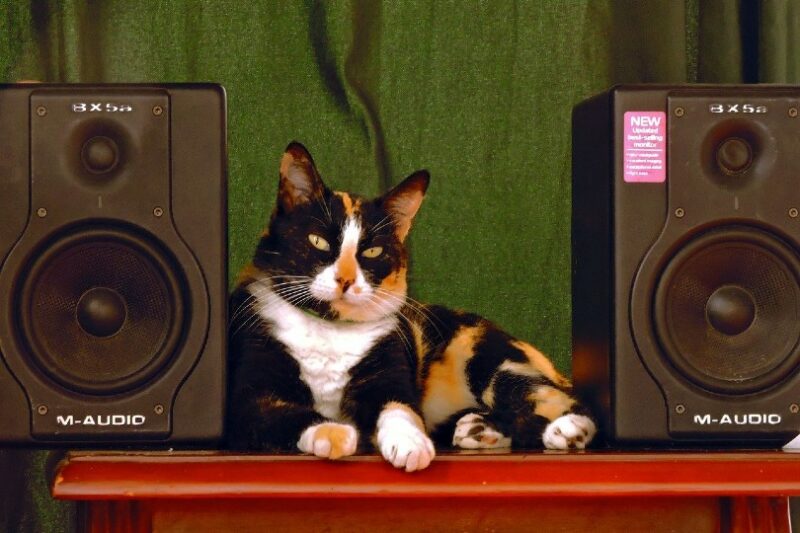

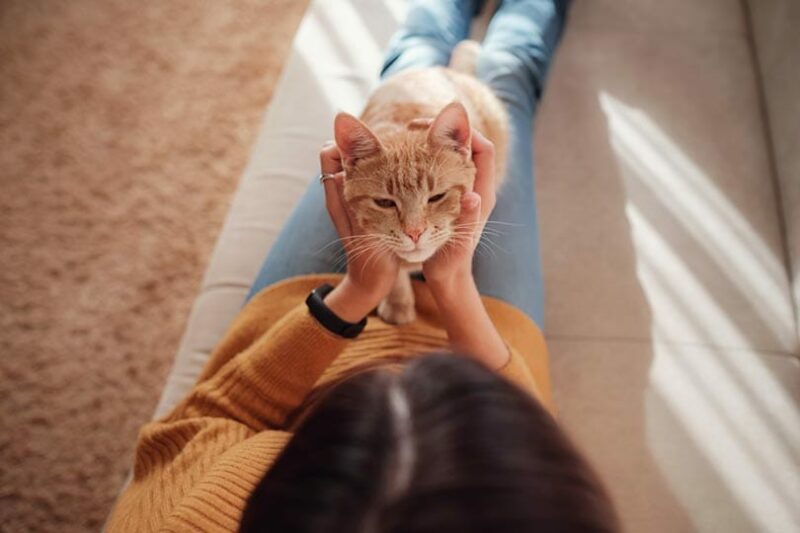
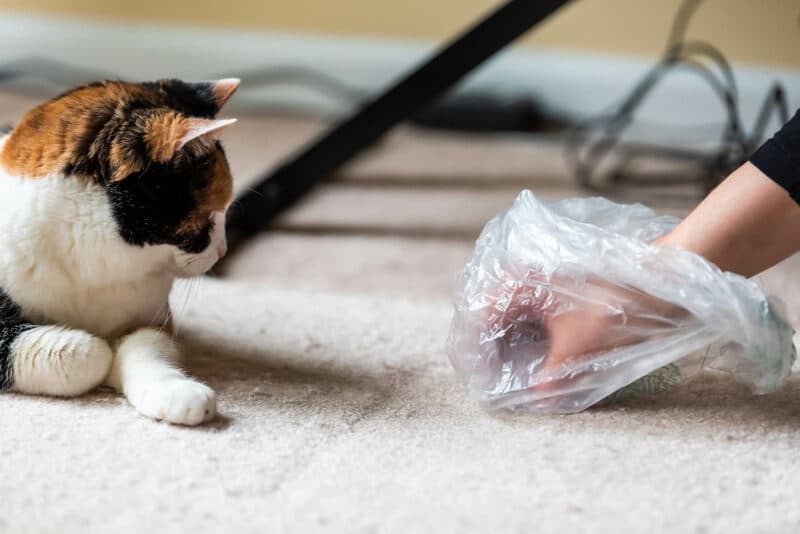
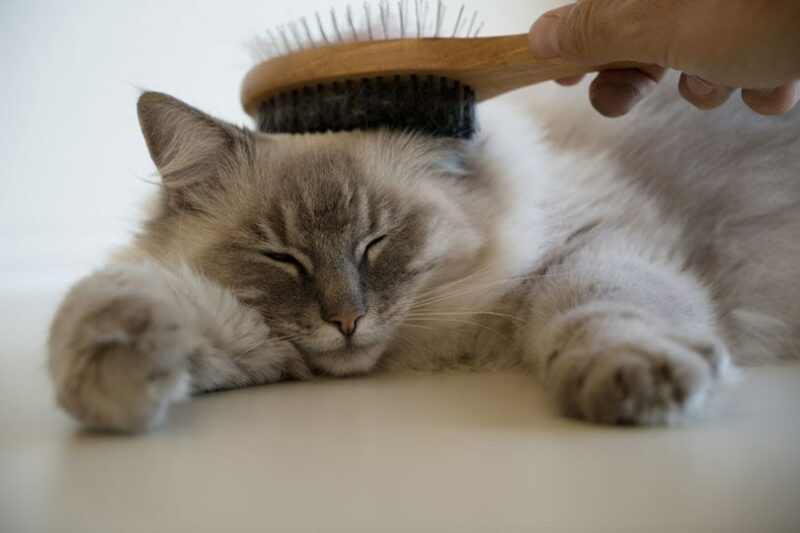
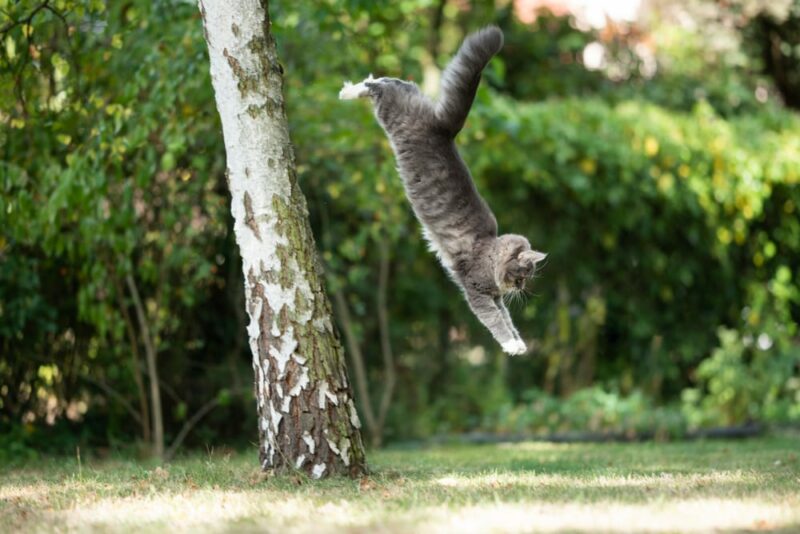
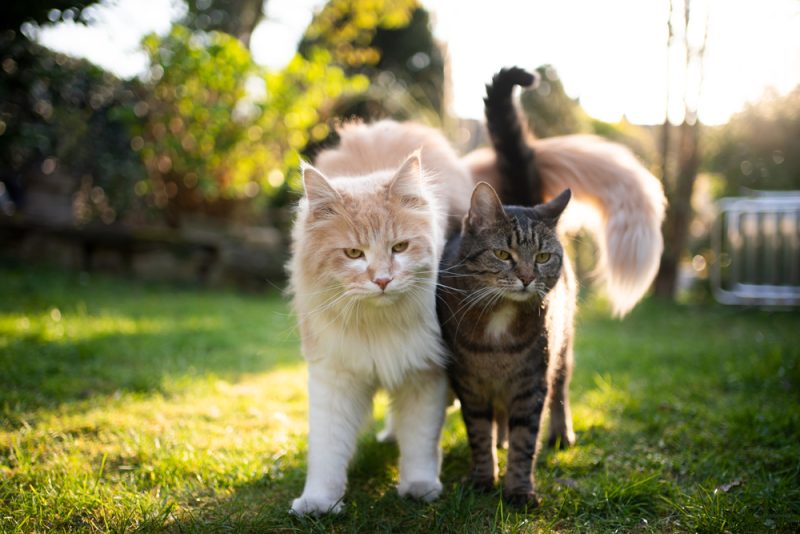

2 Responses
E y basement around 3 years. This summer a 8 or 9 month old female cat came to my house. She started acting as something was after her, so i put her in the basement too. The reason they are not upstairs is I have a older diabetic cat and I do not want him eating their food or them eating his. This is the 1st year that I have heard so much about essentials oils and peppermint oil and cats.
If I added water to the peppermint oil would that help. I never set the containers with the oil on the floor. Do you know of the any other oil that mice cannot stand and would not hurt my cats. I always put the oil in baby food jars with lids I have poked holes in. Do you have any answers.
Hi Teresa. Essential oils, including peppermint oil, are toxic to cats. Cats lack the necessary liver enzymes to safely process the compounds in these oils, and exposure can lead to serious health issues, even if the oil is diluted or placed in closed containers. Please do not use any essential oils to repel mice in an area where your cats have access.
Instead of oils, focus on widely known, safe pest control for a cat household:
Exclusion: Seal all entry points (cracks, holes) where mice are getting in.
Cleanliness: Eliminate food sources and clutter in the basement.
Trapping: Use snap traps or non-toxic traps placed only in areas that are completely inaccessible to your cats.
We recommend always prioritizing your cats' safety and speaking with your regular veterinarian or a professional pest control service about the safest products to use around pets.